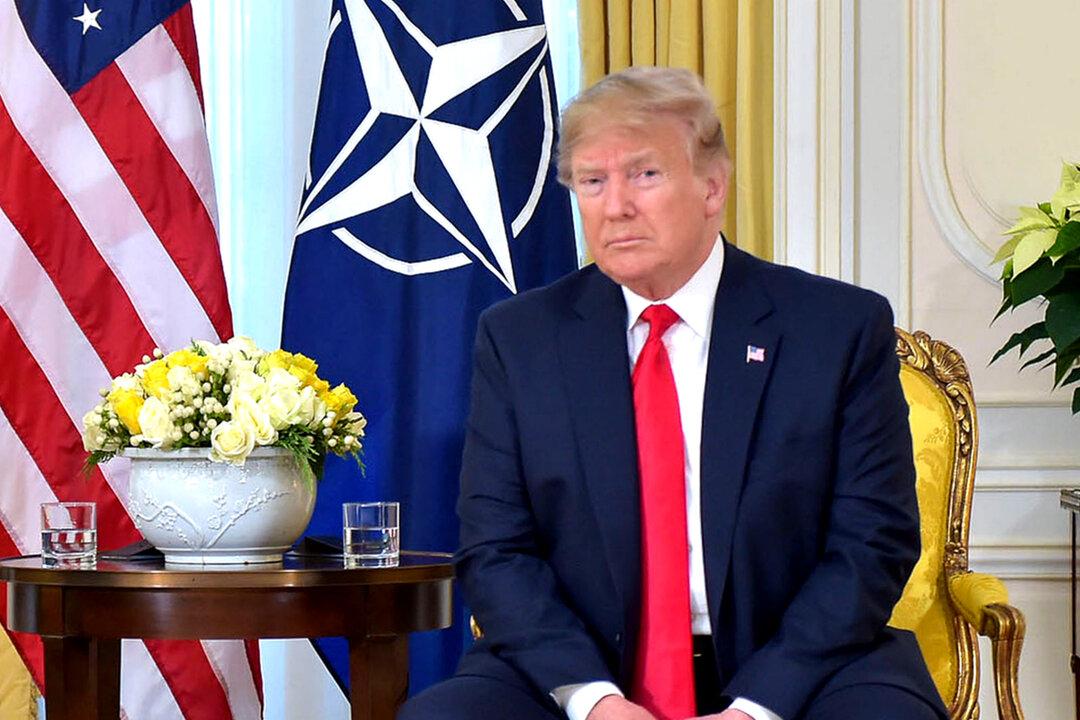The House Judiciary Committee has summoned four constitutional law scholars, many of whom have criticized President Donald Trump and defended the impeachment inquiry, to kick off the committee’s first impeachment hearing.
Harvard Law School’s Noah Feldman, Stanford Law School’s Pamela Karlan, The University of North Carolina School of Law’s Michael Gerhardt, and George Washington University Law School’s Jonathan Turley will testify on Wednesday in the hearing (pdf) focused on laying the constitutional grounds of the impeachment inquiry.




